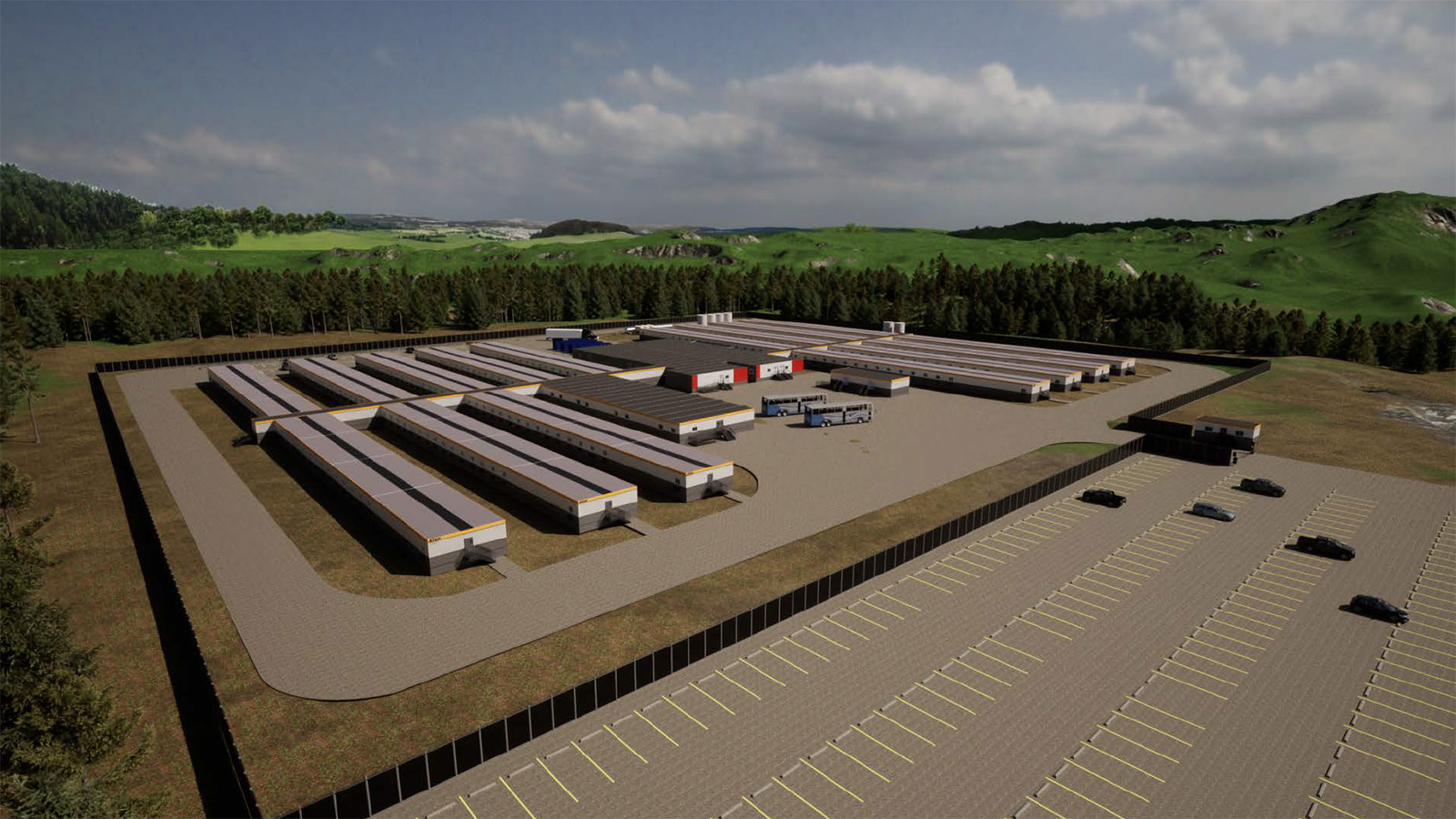
Hold FortisBC accountable: public info session
WHAT
FortisBC is hosting a public info session about the workcamp and construction yard. We need to hold FortisBC accountable for failing to ensure the safety and human rights of everyone that lives here. Can you join us?
WHEN
6:00 pm to 8:00 pm, Thursday 9th March, 2023WHERE
Howe Sound Secondary School38430 Buckley Ave
Squamish
WHAT TO BRING
- Your friends, family, and neighbours
39 attending. Let's get to 50.
Hold FortisBC accountable!
FortisBC has applied for two Temporary Use Permits to build a workcamp for up to 650 workers, and a construction yard located near the Ravens Plateau neighbourhood, in Squamish BC.
But FortisBC is planning to start construction in 2023 without these permits in place, and is failing to address the community's concerns. This highly unethical approach is an indication of FortisBC's poor commitment to ensuring the safety of the community and the human rights of Squamish residents.
Can you join us to hold FortisBC accountable?
Itinerary for Thursday 9th February 2023
6pm to 7pm
Drop-in with storyboards
7pm to 8pm
Short presentation followed by Q&A
This is NOT a viable location
District of Squamish staff have told FortisBC that the proposed workcamp is not viable in this location due to current zoning and district policies, issues with permitting, access, services, policing, fire, and impacts to existing businesses. Why is FortisBC ignoring the community's concerns?
Social impacts of workcamps
Work camps for resource extraction projects can have significant and often unanticipated impacts on nearby communities. Studies during construction of similar industrial projects with large numbers of temporary workers have resulted in:
- increased demands on hospitals, counselling, police, and ambulance services, which results in reduced service capacity for residents.
- increased rate of violent crime, including sexual assault and domestic violence.
- increased violence against Indigenous women, children, and 2SLGBTQ+ people.
- increased rental costs and higher home prices.
- increased number of workplace accidents.
- increased substance abuse and misuse.
- increased traffic accidents and collisions.
- increased rates of prostitution and sex trafficking.
- increased risk of COVID-19 outbreaks.
- waste disposal issues.
How violence follows resource extraction projects
In September 2022, Justice for Girls wrote an eye-opening letter detailing how violence follows resource extraction projects, writing that "camp culture breeds a hyper-masculinity that is fuelled by isolation, drug and alcohol abuse, violence, misogyny, and racism."
In a second letter dated 15th December 2022, Justice for Girls flagged that the safety concerns raised have not been taken seriously by FortisBC, and that FortisBC's current plans to manage its workers are inadequate, with a lack of enforceability, accountability, and transparency.
District of Squamish holds FortisBC accountable
On February 14th, the District of Squamish repeatedly held FortisBC accountable, with a long list of outstanding problems that FortisBC has failed to resolve.
Example concerns that council and staff raised include:
- Gender-based violence in relation to worker camps.
- Noise and light pollution near residential areas.
- Traffic on the Mamquam River Forest Service Road and at the intersection of Highway 99.
- Impact on tourism accommodations.
- Impact on housing affordability.
- Increased policing costs and the burden on taxpayers.
- Six-day work week schedule making Saturday nights a "Wild West."
- Drug and alcohol abuse, and drunk driving by workers.
- Poor community engagement.
- Lack of trust in FortisBC's studies.
- Worker projection numbers being grossly underestimated.
Council voted 6:1 not to consider the Temporary Use Permit for the workcamp until the Provincial amendment process is complete (read the minutes).
Woodfibre LNG and FortisBC have had since 2015 to plan for worker accommodation and they have failed to do so. The rush on construction is now putting the community of Squamish in an "untenable" position.
READ THE SQUAMISH CHIEF ARTICLE or watch the council meeting below.
*****
REFERENCES
National Inquiry into Missing and Murdered Indigenous Women and Girls (2019) Reclaiming Power and Place: The Final Report of the National Inquiry into Missing and Murdered Indigenous Women and Girls, Volume 1a. 728 pp.
National Inquiry into Missing and Murdered Indigenous Women and Girls (2019) Reclaiming Power and Place: The Final Report of the National Inquiry into Missing and Murdered Indigenous Women and Girls, Volume 1b. 352 pp.
Amnesty International (2016) Out of Sight, Out of Mind: Gender, Indigenous Rights, and Energy Development in Northeast British Columbia, Canada. 12 pp.
Maimann K (2018) Link between rural work camps and violence against women is real, researchers say. The Star Edmonton, published 2018-12-04.
Northern Health (2018) Health and Safety During the Opioid Overdose Emergency: Northern Health’s Recommendations for Industrial Camps. Office of Health and Resource Development. Version 1.5. August 2018.
Northern Health (2017) Communicable Disease Control Plan Best Management Guide for Industrial Camps. Office of Health and Resource Development. Version 2.2. July 2017.
Secwepemcul'ecw Assembly (2019) What are man camps? Accessed 2019-04-20.
Clarice Eckford and Jillian Wagg (2014) The Peace Project: Gender Based Analysis of Violence against Women and Girls in Fort St. John. Prepared for the Fort St. John Women’s Resource Society.
Smith J (2016) Fort St. John 'a dangerous place for our women,’ indigenous activist says. The Star, published 2016-04-03.
Rugh P (2013) Inside Fracking's 'Man Camps', Where Sex, Drugs, and Gonorrhea Run Rampant. Motherboard, published
2013-10-18.
Follett Hosgood A (2022) BC Didn’t Track Spread of COVID-19 from Work Camps, Documents Show. The Tyee, published 2022-03-23.
Simmons M (2020) LNG Canada workers complained about unsafe conditions prior to COVID-19 outbreak. The Narwhal, published 2020-12-04.